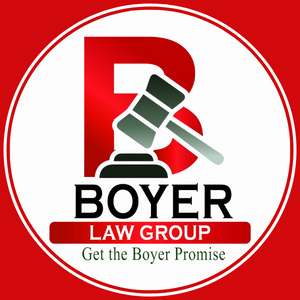If you have large amounts of debt, you may worry about the effect on your estate. Will your heirs lose all that you have to paying off the debts you owe? It depends on several factors, such as who you owe, who cosigned on the loan and your estate plan.
CNBC reports that, in most cases, heirs rarely end up paying for debts of the deceased person. However, some debts may eat away at your estate.
When the estate pays
Each state has its own rules in place for how to prioritize debt. In most cases, the order follows the line of funeral expenses, estate administration costs, taxes and then other bills. The assets covering debts, in these instances, generally do not include payable-on-death accounts and trust assets. Because Michigan is an equitable distribution state, survivor spouses may not automatically become liable for their deceased partner’s debts.
When heirs pay
Your heirs or beneficiaries may end up paying for debts if they cosigned on certain loans or had joint debt accounts. This may include a joint mortgage with a spouse or a cosigned car loan. The creditors generally hold you personally liable for these debts. Heirs may also lose joint assets after you pass away, if they cannot qualify for the supporting loan on their own.
When no one pays
Solid estate plans may help ensure no one pays for debts. This is where trusts come into play. Creating trusts to own and manage assets may remove them from the probate process. These assets may then pass directly to heirs. Assigning beneficiaries on bank accounts may also ensure the balance passes directly to them, provided another joint owner does not complicate things.
Generally speaking, creditors may forgive debts when someone passes. If the estate cannot repay debts not automatically forgiven after death, the estate passes into insolvency.

